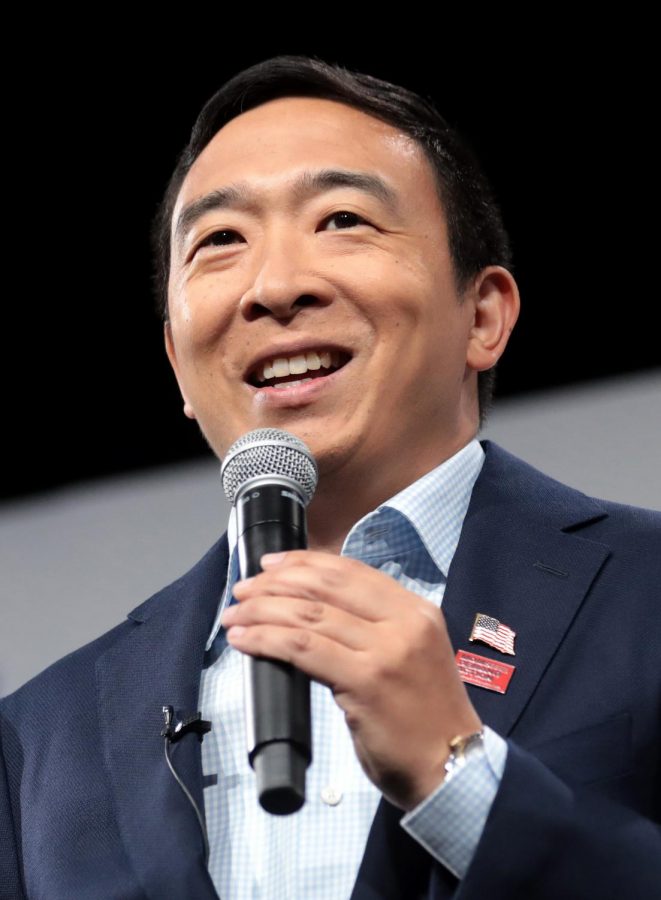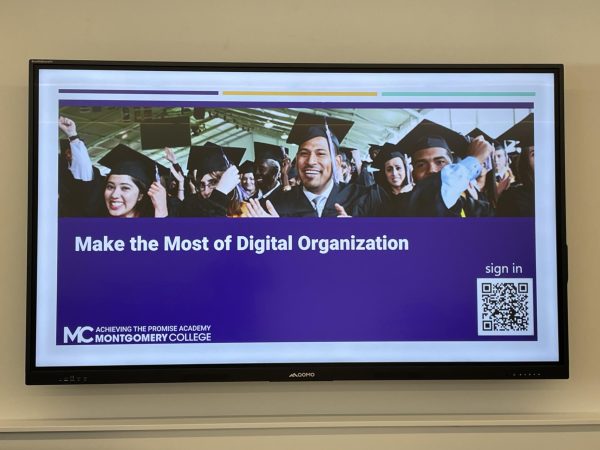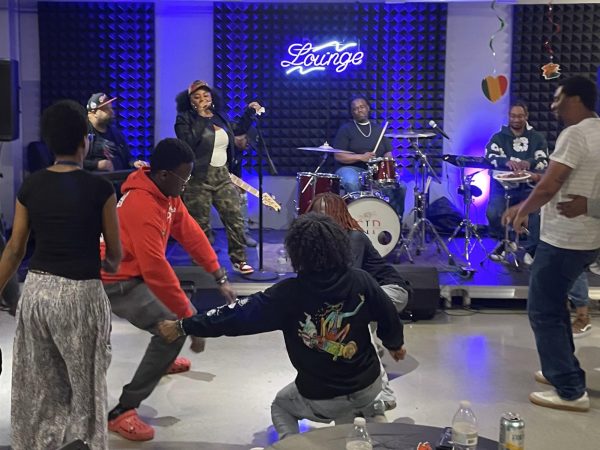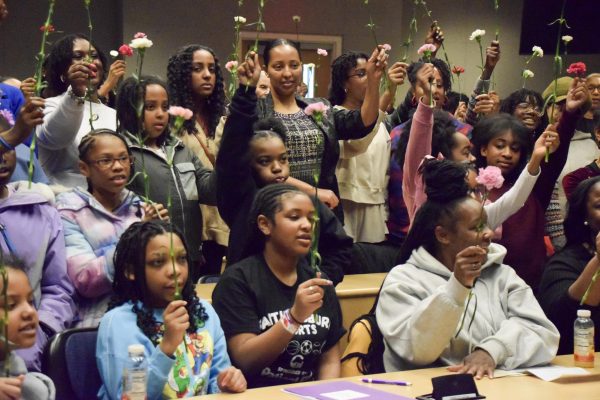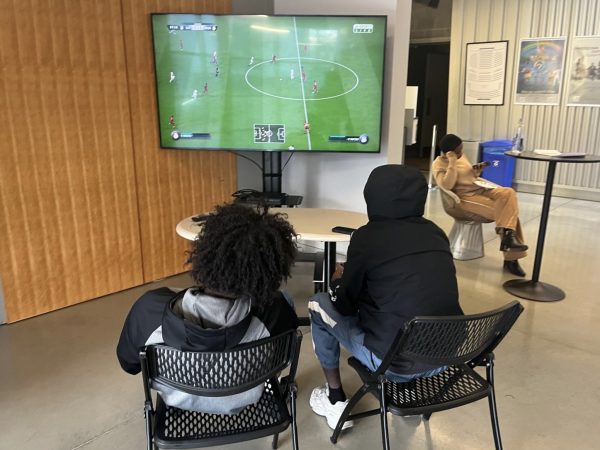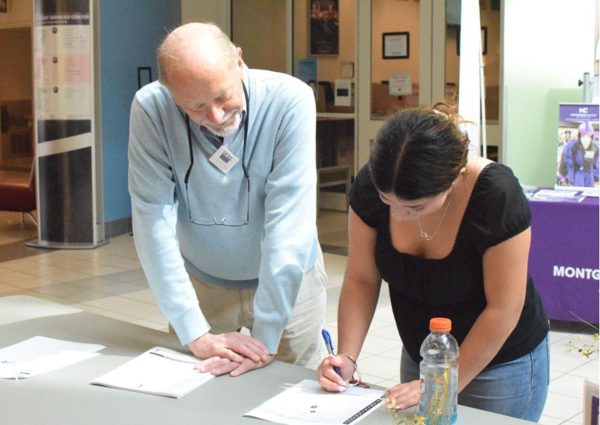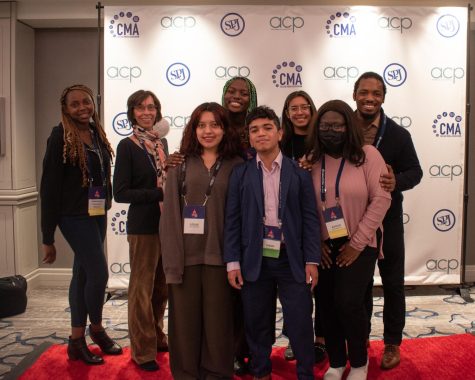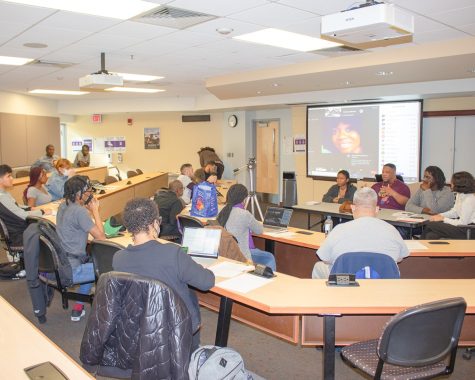2019 Third Democratic Debate
“United, their goal is to beat President Trump and bring stability to middle- and lower-class America through debt relief, health care reform and easy-access education.”
The third 2019 democratic debate kicked off last Thursday night. The 10 candidates that remain in the race didn’t hold back sharing their positions on controversial topics, including immigration, gun reform, health care and education.
Despite often disagreeing on policy issues, the candidates seem to all agree on one topic: President Donald Trump. Numerous candidates used the term “racist” to describe the current president’s character. And at one point in the debate, Senator Bernie Sanders, a member of Congress for the past 30 years, said that President Trump is “the most dangerous President” for the American Democracy.
United, their goal is to beat President Trump and bring stability to middle- and lower-class America through debt relief, health care reform and easy-access education. Everyone was in unanimous agreement with Senator Warren’s belief that immigration makes the United States strong.
The whole debate resembled a well-mannered classroom. Clear respect was paramount among the candidates. They raised their hands before speaking and answered questions enthusiastically. Each candidate comes from a different background than the next. All the candidates have at least a bachelor’s degree, five are lawyers and six have attended Ivy League schools.
Senator Elizabeth Warren and Senator Sanders both advocated for their goal of eradicating the $1.3 trillion student loan debt in the country.
Entrepreneur Andrew Yang, the son of an immigrant and graduate of Brown and Columbia Universities, reflected on his failure in starting a business at a young age. But Yang unveiled a new plan: for one year he will give $1,000 a month to 10 randomly selected families across the United States. According to Yang, his $120,000 plan is in support of “The Almighty Dollar” that could make the “country work for us.”
In response to the recent shootings in El Paso Texas, his home town, Candidate Beto O’Rourke declared that AR-15s and AK-47s will be bought back from citizens once he steps into office. His proposal resulted in a standing ovation. Senator Cory Booker, on the other hand, wants to take the fight to the NRA.
The youngest candidate in the race, South Bend, Indiana Mayor Pete Buttigieg, gave a speech about love and service to the U.S. as a man in uniform across seas, defending the nation against threats abroad.
Minnesota Senator Amy Klobachar’s policies—a $15 minimum wage, support for reparations and a Green New Deal—are similar to most of the other candidates. However, her desire to focus on going after white collar crimes didn’t seem to appeal to the majority of the audience.
Senator Warren spoke on her 2 cent tax plan for the “super-rich.” She believes her plan will provide the money needed to support the young students under the pressure of student loans as well as meet citizens’ health care demands. She said that back when she attended college, the cost of tuition was just $50, and she was able to afford it with a part time job after class. Senator Warren went on to say that if elected, she would appoint a teacher as head of the Department of Education. She expressed her distaste for the current sitting members and leaders.
Throughout the night, the majority of the time was held by the man leading every poll, former Vice President Joe Biden. Biden came prepared for the people who are closest to him in numbers, Senators Warren and Sanders, and repeatedly pointed out flaws in their proposals. “Let me tell you something, for a socialist you got a lot more confidence in corporate America than I do,” Biden said to Senator Sanders.
While Senator Kamala Harris held back on targeting other candidates, the former Secretary of Housing and Urban Development Julian Castro didn’t hold back on pushing the former Vice President on his policies. This back and forth started a trend of candidates calling each other out on their past failures.
Despite narrowing the race from the seemingly endless list of candidates down to the current 10, the debates are really just beginning.
Samuel Kebede is double majoring in General and International studies, soon to graduate in December. He has his sights on the Ivy League post a bachelor degree from a 4 year university. He likes exotic foods and great parties. He has great admiration for world leaders and speeches.



